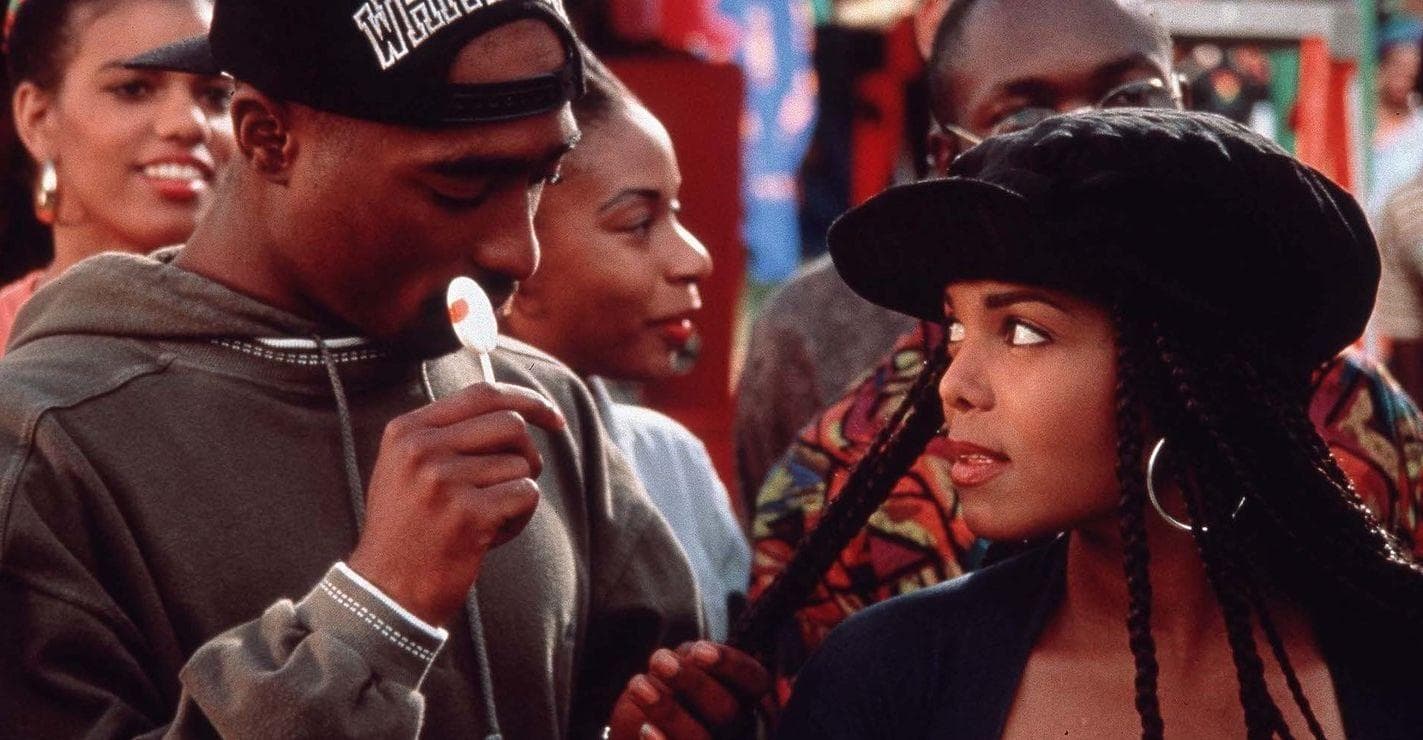Revisit the iconic 1993 release of 'Poetic Justice' starring Janet Jackson and Tupac Shakur; this article dives into its history, social context and messages - all through a black cinema lens.
Poetic Justice Braids are a type of protective hairstyle characterized by small to medium-sized braids that are created by dividing the hair into sections and braiding them from the roots to the ends. They are often made with synthetic hair extensions and are known for their neat, uniform, and symmetrical appearance.
They have become a cultural symbol of African pride, black beauty, and resilience, and have had a significant impact on hairstyling trends and the beauty and fashion industry.
Janet Jackson's influence in popularizing Poetic Justice Braids cannot be overstated, as her iconic hairstyle has been a trendsetter and inspiration for many.
Let's explore the story behind Poetic Justice Braids and the remarkable influence of Janet Jackson in bringing them to the forefront of fashion and style.
Historical Background
The origins of poetic justice braids can be traced back to Africa.
For centuries, African women have been wearing their hair in a variety of braided styles. These styles not only look beautiful, but they also serve a practical purpose. Braids help to protect the hair from damage and keep it healthy.
The origin of Poetic Justice Braids can be traced to ancient Africa, where braiding was not only a practical way to style and manage hair but also held cultural significance.
Braiding was often used to denote a person's social status, age, marital status, tribe, and even their spiritual beliefs. Different braiding patterns and styles were used to convey specific messages within the community.
As African people were forcibly taken from their homelands during the transatlantic slave trade, they held onto these cultural practices, including braiding, as a way to maintain their identity and heritage in new environments.
Braiding became an important symbol of resilience and culture for African people all over the world.
Janet Jackson and Poetic Justice
Who is Janet Jackson?
Janet Jackson, the iconic singer and performer, rose to fame in the 1980s with her unique blend of pop, R&B, and funk.
With multiple chart-topping hits and legendary live shows, she quickly became one of the biggest stars in the music industry.
Her career has spanned decades, and she continues to inspire and entertain fans around the world with her impressive talent and undeniable charisma. Janet Jackson is a true icon, and her legacy will undoubtedly endure for generations to come.
Janet as Justice
Janet Jackson's iconic portrayal of the character "Justice" in the 1993 movie "Poetic Justice" not only popularized the film but also brought the Poetic Justice Braids hairstyle into the limelight.
She was 27 years old when she starred in the movie, and received praise for her portrayal of Justice, and the film contributed to her successful acting career alongside her established music career.
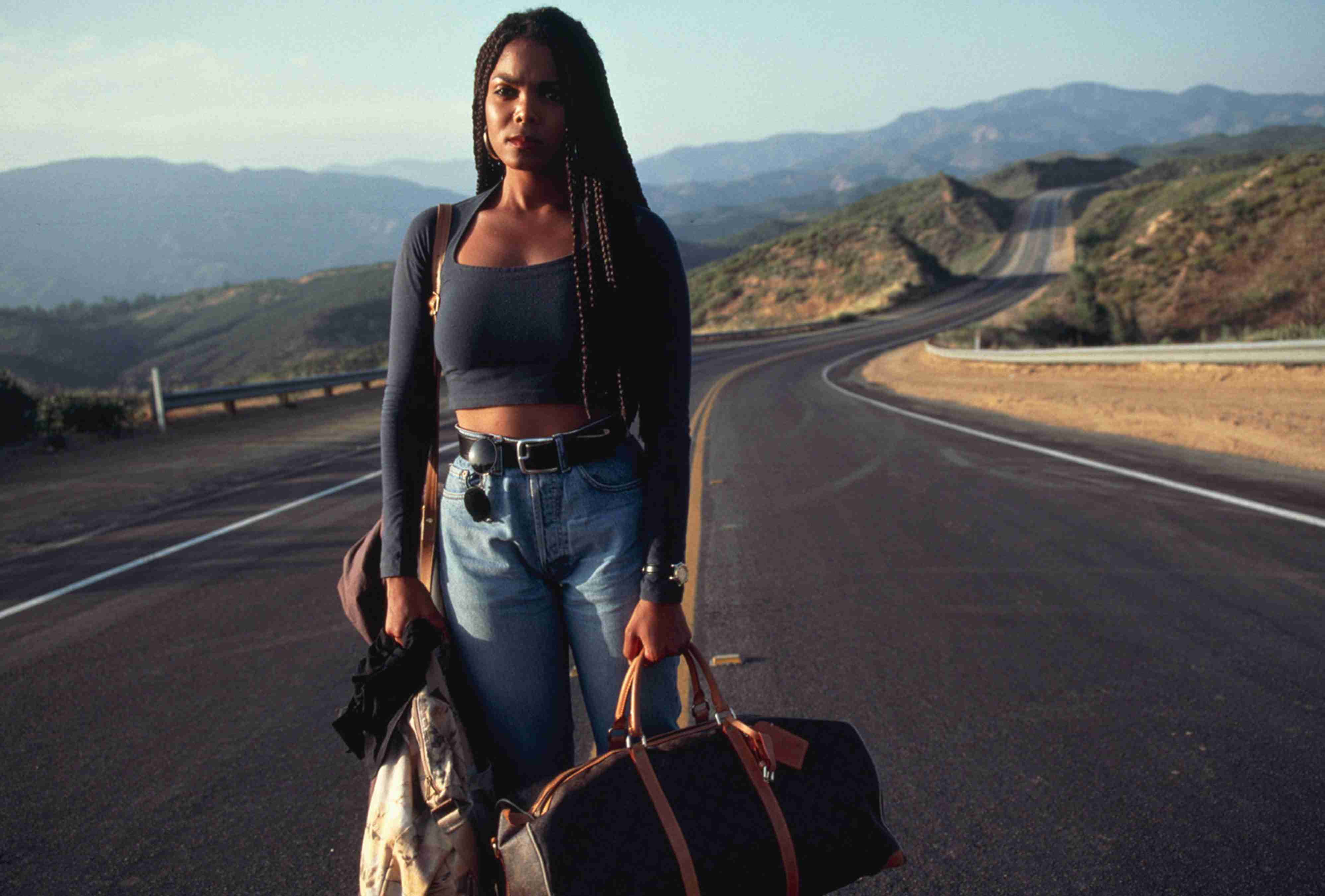
Janet Jackson's Poetic Justice Braids were a distinct and memorable style that left a lasting impression on the audience.
These braids were a true embodiment of femininity, strength, and beauty, featuring long and thick strands of hair braided into intricate patterns that perfectly matched Janet's charismatic personality.
The braids were also adorned with delicate beads and shells, adding a playful touch to the overall look.
With her Poetic Justice Braids, Janet became a beacon of African-American beauty and empowerment, inspiring countless women to rock this signature style with pride and panache.
Poetic Justice Braids Symbol
African American culture and experience: "Poetic Justice" features predominantly African American characters and depicts their lives and experiences in an inner-city environment. The film can be seen as a symbol of African American culture, identity, and the unique challenges and struggles faced by African Americans in the United States.
About the Movie
What is the point of Poetic Justice?
The main point of "Poetic Justice" is to explore themes of love, loss, and healing. The movie delves into the emotional journey of Justice as she copes with the death of her boyfriend and navigates the challenges of life in an urban environment. Through her poetry, Justice expresses her innermost thoughts and feelings, using her art as a form of catharsis and self-expression.
A famous line
"I'm not trying to be your hero, I'm just trying to be your man."
This line is spoken by Lucky, played by Tupac Shakur, to Justice, played by Janet Jackson, during a pivotal moment in their romantic relationship.
The line reflects Lucky's attempt to be honest and vulnerable with Justice, expressing that he is not trying to be a savior or fix all of her problems, but rather just wants to be there for her as a supportive partner.
Was Jada Pinkett Smith in Poetic Justice?
No, Jada Pinkett Smith did not appear in the movie.
The main cast of the film includes Janet Jackson as Justice, Tupac Shakur as Lucky, Regina King as Iesha, and Joe Torry as Chicago.
Popularity and Cultural Impact
The impact of Poetic Justice Braids is not limited to cultural symbolism alone; it has also influenced the beauty and fashion industry.
This iconic hairstyle has left an indelible mark on hairstyling trends, products, and techniques.
Many hair salons and stylists offer Poetic Justice Braids as a popular styling option, and there are numerous tutorials, blogs, and social media posts dedicated to this hairstyle.
African American Culture and Experience
The movie features predominantly African American characters and depicts their lives and experiences in an inner-city environment. The film can be seen as a symbol of African American culture, identity, and the unique challenges and struggles faced by African Americans in the United States.
Poetic Justice Braids have also inspired the creation of various hair care products and accessories specifically designed for braided hairstyles, such as moisturizers, edge control gels, and decorative beads.
Moreover, Poetic Justice Braids have been embraced by celebrities,fashion icons and influencers, further propelling their popularity and impact on the beauty and fashion industry.
This hairstyle has been seen on red carpets, fashion runways, and magazine covers, becoming a timeless and iconic look that continues to influence the world of fashion and beauty.
